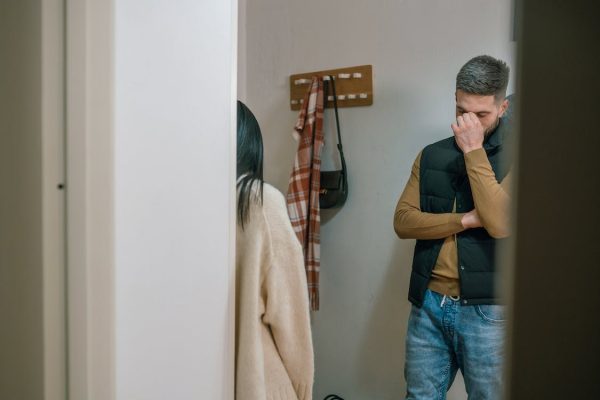Most of these women are alleged to have been killed by men who were known to them, highlighting the shocking prevalence of gendered, domestic and intimate partner violence throughout the country.
One includes the case of Lilie James, a 21-year-old woman killed in a Sydney private school, who is suspected to have been killed by a male colleague.
Patty Kinnersly, CEO of Our Watch, stressed the urgency of addressing gendered violence at its roots, describing the women’s deaths as preventable.
“Violence against women is a national emergency and must remain an urgent priority,” said Kinnersly.
“What we know is that almost all perpetrators of violence against women are men, and almost all perpetrators have two key elements in common – they do not view women as their equals and do not respect women.
“It’s vital that we’re working with young men and boys … to promote healthier and more positive and respectful ways of being a man.”
Other experts, such as Professor Fitz-Gibbon, have also pointed to a disconnect in public attitudes towards domestic violence, as evidenced by the National Community Attitudes survey.
“The vast majority of Australians recognise that domestic violence is a national issue, but a significant portion of them don’t think that it’s happening in their own suburb or town,” said Fitz-Gibbon.
“This is happening in every corner of the Australian community.”

“For the past 23 years, on average more than three Aboriginal women have been killed each year in the Northern Territory by domestic partners,” Elisabeth Armitage told the court.
Figures from the investigation reveal that 81 women have died as a result of domestic violence in the Northern Territory since 2000, and that 93% of them were Aboriginal.
The deaths of Kumanjayi Haywood, Ngeygo Ragurrk, Miss Yunupingu and Kumarn Rubuntja are highlighted by Armitage in the inquest as examples of the many ways in which systemic structures failed to protect these women.
In each instance, the women told authorities or a loved one that they would be “killed” by their partner prior to their deaths.
Armitage said that at least one woman’s death was an “indictment” on the territory’s agencies and services.
“This is not somebody else’s horror. This is our horror,” Armitage said.
A report published by the Australian Institute of Family Studies (AIFS) highlights that the problem of intimate partner violence is widespread among Australia’s young people.
It found that almost a third of 18 to 19-year-old respondents experienced emotional, physical or sexual abuse from an intimate partner within the last year.
While sexual abuse was reported predominantly by women, rates of emotional and physical abuse were consistent among teenagers participating in the study regardless of gender or sexual orientation.
Shorna Moore, head of policy at Melbourne City Mission, said that there was a lack of age-appropriate support services for teenagers experiencing intimate partner violence.
“There needs to be urgent action by the commonwealth and state governments in setting up a targeted, age-appropriate response to support teenagers to escape and end these violent relationships,” said Moore.
“Respectful relationships education needs to start early and not only in school settings but embedded across the community.”






